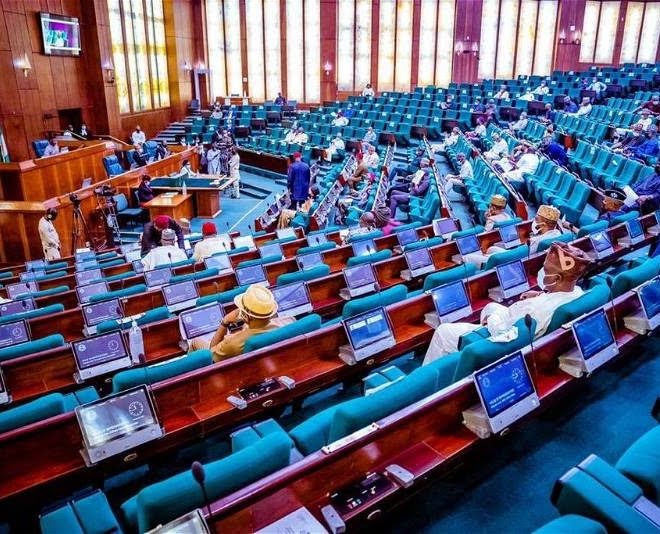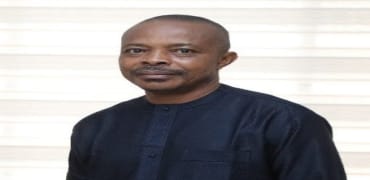Tax Turmoil: Northern Governors Clash with Tinubu Over Controversial Reform Bills
Tax Turmoil: Northern Governors Clash with Tinubu Over Controversial Reform Bills"
By Achimi Muktar
In a dramatic turn of events, the House of Representatives has indefinitely shelved debates on the contentious Tax Reform Bills, a move that underscores escalating tensions between northern governors and the federal government. The decision comes amid mounting opposition from key stakeholders, including governors of the 19 northern states and 72 federal lawmakers.
Northern Outcry: 'Not In Our Interest!'
The rescheduling, announced via a memo signed by House Clerk Dr. Yahaya Danzaria, cited the need for "broader consultations." However, insiders suggest the real catalyst was fierce resistance from northern lawmakers, including 48 representatives from the insurgency-ravaged North-East and 24 from Kano State. Critics argue the bills disproportionately favor wealthier regions like Lagos, leaving the economically vulnerable North at a disadvantage.
Borno State Governor Babagana Zulum didn’t mince words in a BBC interview, labeling the bills a potential disaster for the North. "These reforms will drag us backward," he warned, emphasizing that rushing the legislation could have far-reaching consequences. His sentiments echoed across the region, with lawmakers and civil society groups decrying the lack of inclusive dialogue.
The Bills Sparking the Storm
President Bola Tinubu transmitted the four Tax Reform Bills to the National Assembly earlier this year, following recommendations from the Taiwo Oyedele-led committee. Key proposals include:
Nigeria Tax Bill 2024: Establishing a unified fiscal framework for taxation.
Tax Administration Bill: Streamlining tax laws to reduce disputes.
Nigeria Revenue Service Establishment Bill: Replacing the Federal Inland Revenue Service Act.
Joint Revenue Board Establishment Bill: Introducing a tax tribunal and ombudsman.
Proponents, including some All Progressives Congress (APC) lawmakers, argue the reforms aim to ease the tax burden on small businesses and redistribute revenues more equitably. But opponents fear an unfair Value Added Tax (VAT) sharing formula could deepen economic disparities.
Closed-Door Chaos: Lawmakers at Loggerheads
A leaked video from a recent closed-door session of the House revealed heated exchanges. North-East lawmakers expressed concerns about their region's crippling poverty, exacerbated by years of insurgency. "Our people are now beggars," one representative lamented, calling for a delay to consult their constituencies.
Tempers flared as Deputy Speaker Benjamin Kalu struggled to maintain order. "This is not rebellion," a North-West lawmaker clarified, "but we need more time to understand the implications of these bills."
The Bigger Picture: A Nation Divided
The controversy highlights growing divisions within Nigeria's federal structure. While northern leaders push back, southern groups like Afenifere back the reforms, calling them essential for economic revival. The Yoruba socio-political organization argues the bills promise infrastructure development and improved revenue generation.
Even within the APC, voices differ. National Secretary Senator Ajibola Basiru urged critics to focus on the democratic process, emphasizing that the bills would undergo public scrutiny before becoming law.
What's Next?
As consultations continue, the fate of the Tax Reform Bills hangs in the balance. Governor Zulum and others have urged President Tinubu to remember the North’s pivotal role in his electoral victory, warning against policies that could alienate his northern base.
For now, the northern bloc stands firm: no reforms without equity. The coming weeks will reveal whether Nigeria's fractured polity can find common ground or if this tax debate will deepen the fault lines of a divided nation.





















